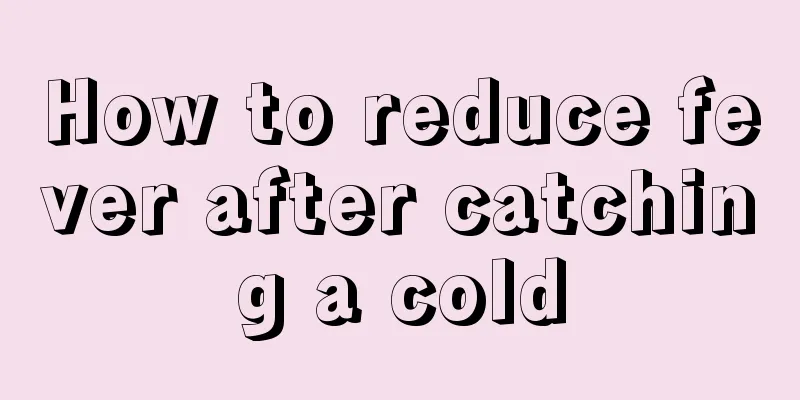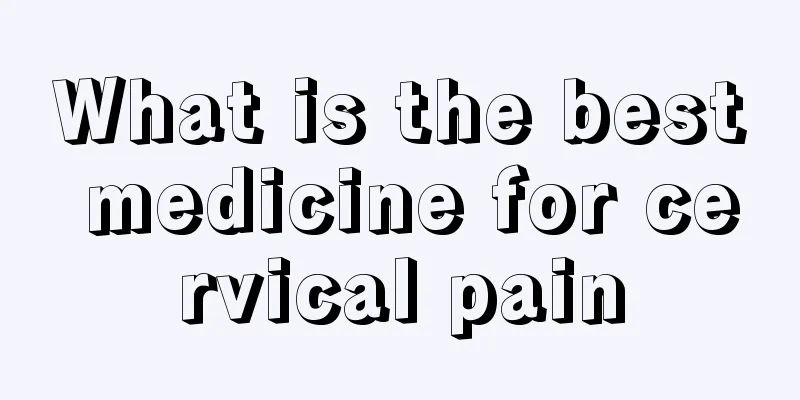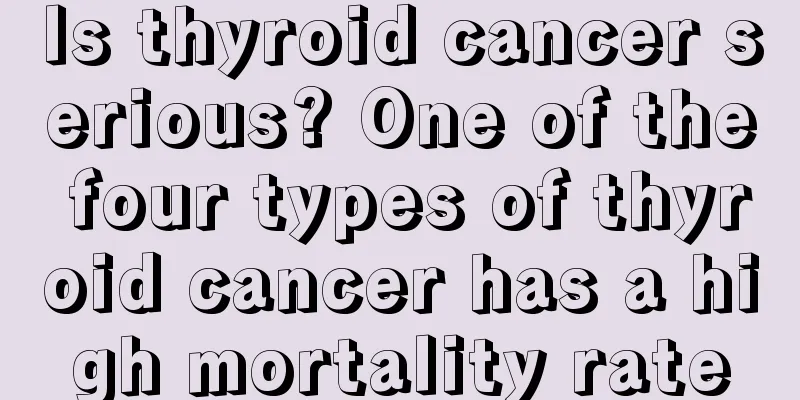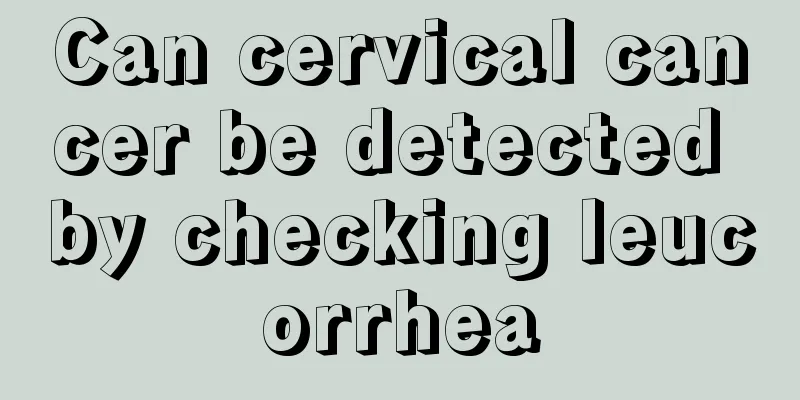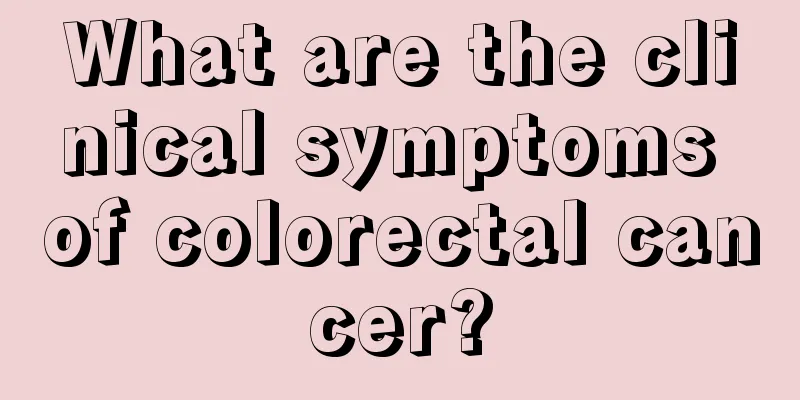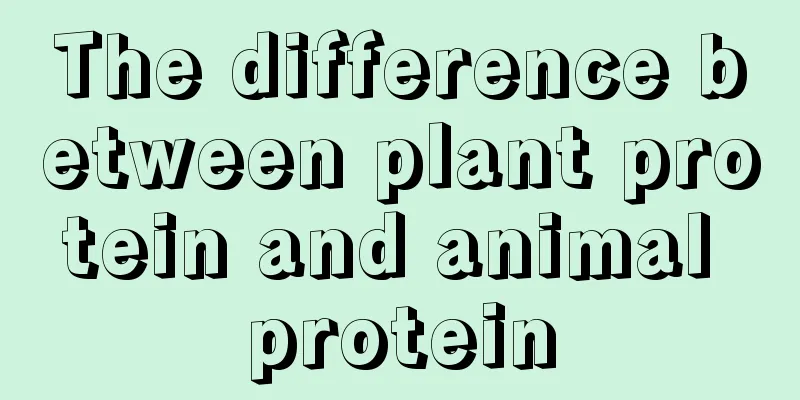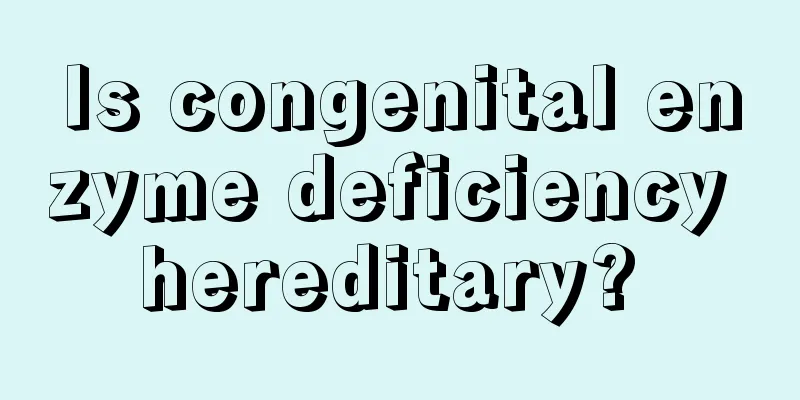Vitamin C and milk
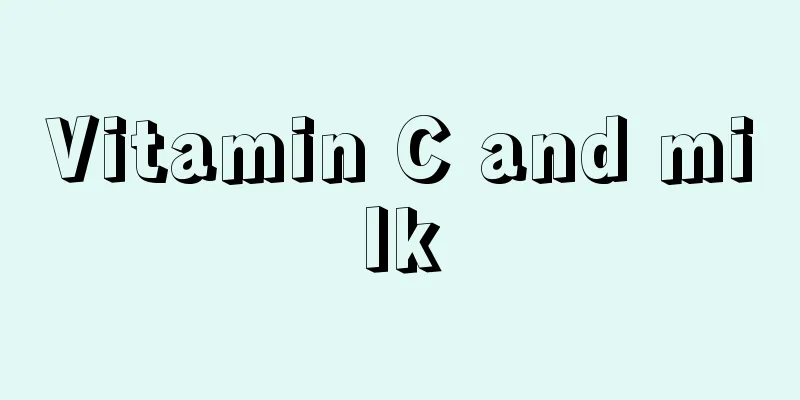
|
Vitamin C contains a lot of nutrients. It can help the human body improve its immune function, play a rich antioxidant role, and also satisfy the absorption of calcium and iron. When taking vitamin C, you should pay attention to the fact that vitamin C has natural enemies. Although vitamin C and milk are completely incompatible, vitamin C supplements should avoid these natural enemies to prevent them from becoming ineffective. The biggest natural enemy is "water" Vitamin C is a water-soluble vitamin and is more easily lost when in aqueous solution. For example, when washing vegetables, vitamin C will be lost from the cut with the water; when blanching vegetables, it will dissolve in the water and cause losses. In order to avoid excessive loss of vitamin C, it is recommended to wash vegetables before cutting, cook them immediately after cutting, and try to keep the vegetables intact when blanching. The second biggest natural enemy is "alkali" Vitamin C is stable in an acidic environment, but is particularly unstable in the presence of alkali and is easily destroyed. When it comes to alkali, many people think of the baking soda added artificially in cooking, but in fact the tap water we use for cooking is usually alkaline as well. These "alkalis" will affect the vitamin C in food. Adding a little vinegar when cooking dishes will not only make the dishes crispy and delicious, but also prevent the destruction of vitamin C. For example, it is best to add a little vinegar when stir-frying shredded potatoes and bean sprouts. The third natural enemy is "heat" Vitamin C is very afraid of heat. The vitamin C in vegetables will be lost during cooking methods such as blanching, steaming, stir-frying, frying and deep-frying. When heated at high temperature for a long time, vitamin C is lost more. Therefore, when cooking, try to use less frying and other cooking methods. Stir-frying over high heat can shorten the cooking time of dishes and thus reduce the loss of nutrients. In addition, onions, ginger, and garlic have strong antioxidant properties. Adding some of them during cooking can play an antioxidant role, which helps delay and reduce the destruction of vitamin C. The fourth natural enemy is "light" Studies have found that vitamin C is lost when food is exposed to light. When storing cooking ingredients or after cooking, try to avoid exposure to sunlight. It will be better to keep them in the refrigerator. The fifth natural enemy is "oxygen" When vitamin C comes into contact with oxygen, it undergoes oxidation reaction, resulting in loss. Moreover, the destruction rate of vitamin C increases with the presence of metals, especially copper and iron, which have the greatest effect. Once many vegetables and fruits are cut or chopped and exposed to the air, the vitamin C is destroyed by oxidation. Therefore, whether it is vegetables or fruits, they cannot be kept in the air for a long time after being cut. |
>>: Kidney-warming and aphrodisiac medicine
Recommend
The skin got black spots after being splashed with oil
It is inevitable that people will be splashed wit...
What are the dangers of wearing a wig
Modern people live under great pressure, and some...
Common signs of pancreatic cancer
The main signs of pancreatic cancer include jaund...
Side effects and contraindications of borneol
Borneol is very common in the summer. It looks li...
Foods that are good for hair
Although women like to dye their hair in various ...
How to wear diapers for newborns
Newborn babies will wear diapers, but for novice ...
The stool looks like sheep dung
If the stool is granular, it is probably caused b...
Can prostate cysts cause cancer? Can prostate cysts cause prostate cancer?
Many men will suffer from male diseases in life, ...
What medicine is the most effective in removing acne scars
Acne troubles many young people. Although we hate...
Is wearing meteorites harmful to the body?
In the jewelry market in recent years, a batch of...
How to clean the oil stains on the electric baking pan
The electric pancake scale will be greasy after b...
Can I still have surgery if I have pleural effusion in the late stage of lung cancer?
Whether surgery can be performed after pleural ef...
The effect of vitamin A on the skin
If the human body lacks vitamin A, skin problems ...
What is the best way to treat nasopharyngeal cancer
There are more and more cancer patients, so now i...
How to safely go through menopause
Female friends who are about to enter menopause a...
